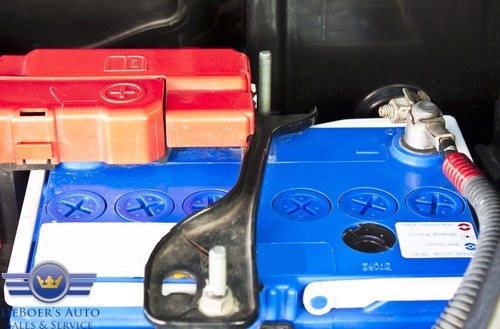With each model year, car manufacturers try to add bells and whistles to entice consumers to buy their vehicles. In recent years, one innovation that has become popular and touted as a luxury feature is a technology called direct injection. If you’re like many car buyers, you probably assume any innovation in vehicle technology is a good one. Sometimes, though, new technologies have unintended negative repercussions. The evidence is mounting that direct injection may be an example of such a technology. So, is direct injection helping or hurting your car? That depends on how diligent you are about maintaining your car.

How Does Direct Injection Work?
Everyone knows vehicles need gasoline to run. Your car’s fuel injection system is responsible for delivering fuel to your engine. There are two types of injection systems: single/multipoint injection and direct injection.
Single/multipoint injection systems deliver gas to your car’s intake manifold, which then delivers fuel to the engine. There, the engine sucks gas into its cylinders. Direct injection, on the other hand, sprays a high-pressure flow of fuel directly to each engine cylinder’s combustion chamber.
Pros and Cons of Direct Injection
The newer direct injection technology was created to be more fuel efficient. Because direct injection delivers a concentrated amount of gas, less fuel is wasted, which saves money at the pump and is good for the environment. There’s a downside, though. A side effect of this high pressure stream of fuel is overspray lands on the intake valve and ports. Once that overspray heats up, it becomes thick and gummy. This buildup becomes more pronounced with each mile you drive. Just as plaque can build up in your arteries, reduce blood flow to your heart and lead to a heart attack, carbon buildup on your car’s intake valves reduces fuel flow to the engine and can lead to failure. The biggest drawback of direct fuel injection is DI can lead to clogged fuel systems and engine carbon fill up.

Unfortunately, Fuel Additives Will Not Help
While your local auto parts store sells fuel additives that promise to clean your engine parts, these additives aren’t effective for cleaning carbon buildup due to direct injection. The reason is simple: the gunk deposited by direct injection is located on your intake valves. Fuel additives don’t circulate as far as the intake valve.
Regular Maintenance is Critical to Avoid Expensive Fuel-System Repairs
What can you do to protect your engine if you’ve got a DI system? The only solution is to have the carbon buildup removed by a professional before it can cause expensive damage. This isn’t something you can do at home because it requires disassembling your car’s engine and thoroughly scrubbing off the residue with an abrasive cleaning material. If you don’t know what type of injection system your car has or if you are due for a cleaning, contact us at Deboer's Auto Sales and Service. Don’t overlook this potential problem. Over time, it will lead to a clogged fuel system, engine hesitation, loss of power and the need for expensive repairs. That’s precisely why fuel system maintenance is so important.









